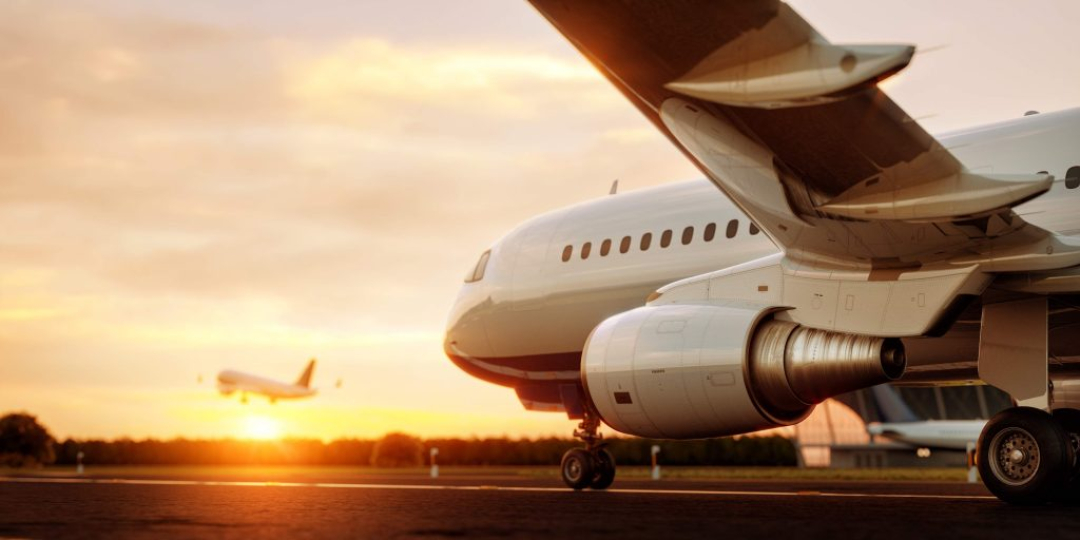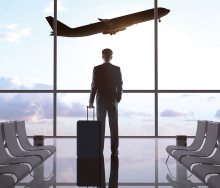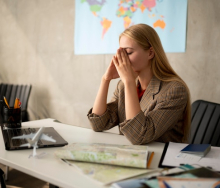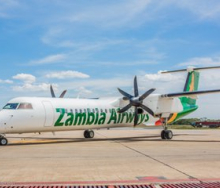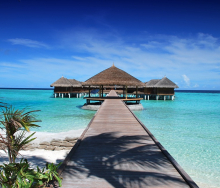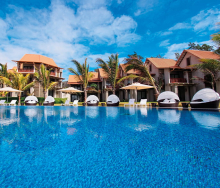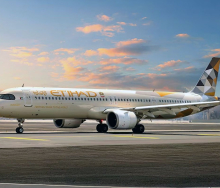The UK Government has extended its travel ban this week to include all of Southern Africa, Mauritius and Seychelles to protect its population against the spread of the new COVID variant identified in South Africa.
The ban was initially introduced on passenger flights arriving from South Africa on December 24. The ruling banned direct flights from South Africa and denied entry to visitors arriving in England who had been in or transited through South Africa in the previous 10 days. British and Irish nationals, visa holders and permanent residents were still permitted to enter the UK but were required to self-isolate for 10 days.
As a result, British Airways and Virgin Atlantic suspended their services to South Africa.
Further lockdown measures in England were introduced on January 6, requiring everyone to stay at home unless travelling for a very limited set of reasons, including for work, and eliminating leisure travel for residents.
“This means that people can no longer travel to take holidays or travel internationally unless for work or other legally permitted reasons. A breach of these rules could result in penalties to a maximum of GBP6 400 (R134 330),” states Gov.uk.
On January 8, further legislation required passengers arriving from all international destinations to present a negative COVID-19 PCR test result, taken up to 72 hours before departure. This, said the UK government, was to help protect against new strains of the virus circulating internationally. The ban on South Africans remained, and indeed further restrictions relating to Africa were introduced the following day.
“Effective from 4am on January 9, entry into England will be banned to those who have travelled from or through any Southern African country in the last 10 days, including Namibia, Zimbabwe, Botswana, Eswatini, Zambia, Malawi, Lesotho, Mozambique and Angola – as well as Seychelles and Mauritius. This does not include British and Irish nationals, longer-term visa holders and permanent residents who will be able to enter but are required to self-isolate for 10 days on arrival along with their household,” advised the UK government over the weekend.
“The government has responded swiftly to new evidence showing an urgent need to halt travel from all Southern African countries to help prevent the spread of a new coronavirus variant identified in South Africa. The move follows new data on the steep rise in incidence of the new variant that has vastly increased the risk of community transmission between nine other Southern African countries as well as the Seychelles and Mauritius, which both have strong travel links with South Africa. Urgent restrictions are therefore now needed to prevent the spread of this strain in the UK,” it added.
According to the government’s travel advisory, the extended travel ban is expected to be in place for an initial period of two weeks “while alternative ways to protect the UK and our partners in Africa are reviewed”.
Any exemptions usually in place (including those related to employment) will not apply and British nationals arriving into England from Southern African countries, Seychelles and Mauritius after 5am on Saturday January 9 cannot be released from self-isolation through Test to Release. People sharing a household with anyone self-isolating from these countries will also have to self-isolate for 10 days. All travellers entering the UK will still be required to show a complete passenger locator form on arrival.
